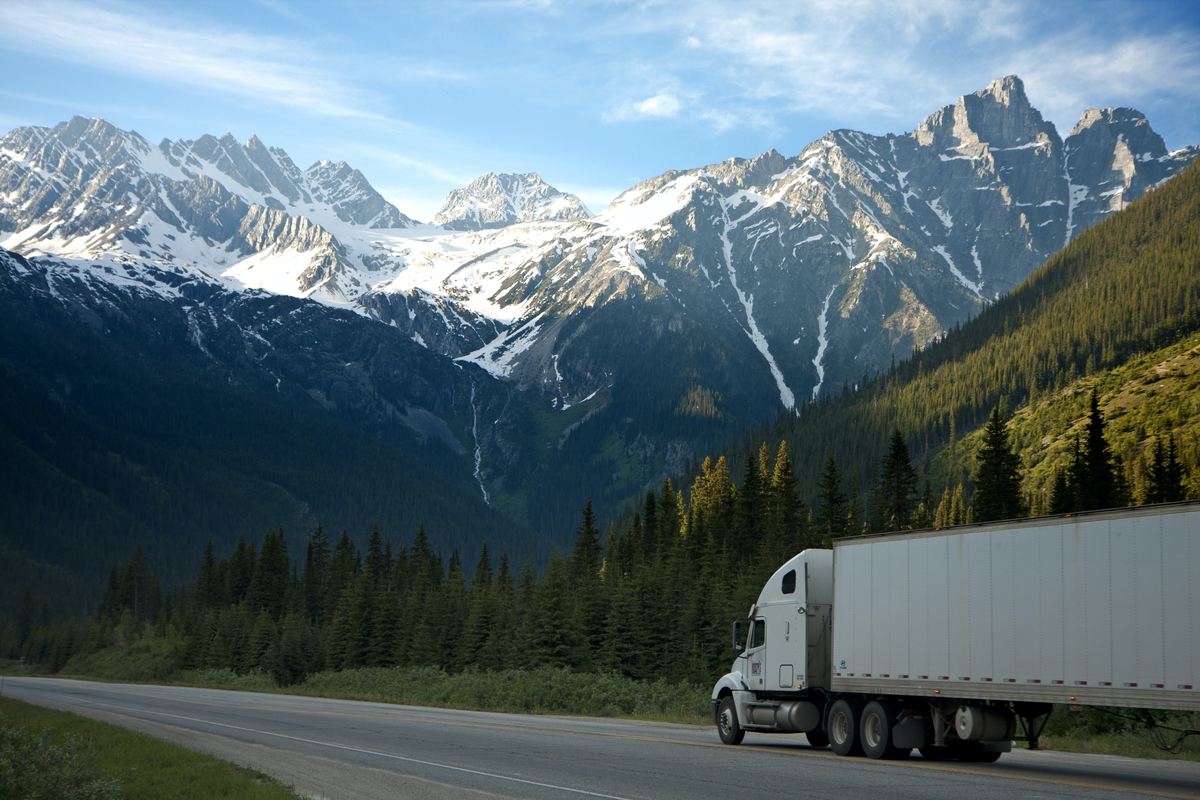Keywords: Interstate Move, Professional Interstate Movers, Packing Tips, Interstate Removalists, Moving Interstate
Packing is one of the most crucial aspects of any move, especially when you're moving interstate. Properly packing your belongings ensures that everything arrives safely and in one piece, reducing the risk of damage and making unpacking at your new home much easier. Whether you're handling the packing yourself or enlisting the help of professional interstate movers, having a solid packing plan is essential for a successful relocation.
In this blog, we’ll share essential packing tips to help you prepare for a smooth interstate move.
1. Start Early and Stay Organized
When it comes to packing for an interstate move, the earlier you start, the better. Packing always takes longer than expected, especially when you’re moving a whole house. Give yourself plenty of time to pack methodically, room by room, instead of rushing at the last minute.
Start by packing non-essential items, such as seasonal clothing, books, and decorative items. Save the essentials—like kitchenware, toiletries, and bedding—for last. Staying organized will reduce stress as moving day approaches and help you keep track of what’s already been packed.
2. Declutter Before You Pack
Moving interstate is the perfect opportunity to declutter and downsize your belongings. The more items you bring, the more space you’ll need, which can increase moving costs. Go through each room and decide what to keep, sell, donate, or discard. Ask yourself if the item is necessary or if it holds sentimental value. If not, it might be time to let it go.
Decluttering reduces the amount of packing you need to do and helps you start fresh in your new home without unnecessary clutter.
3. Use High-Quality Packing Materials
When you’re moving interstate, your belongings will be in transit for longer periods, so it’s important to use high-quality packing materials to protect them. Invest in sturdy boxes, bubble wrap, packing paper, and packing tape. Avoid using old or worn-out boxes that could collapse or tear during the move.
You can also ask your professional interstate movers if they provide packing supplies. Some moving companies offer high-quality boxes and materials designed for long-distance moves, which can give you extra peace of mind.
4. Label Boxes Clearly
Properly labeling your boxes is a key part of staying organized during your move. Clearly label each box with its contents and the room it belongs to in your new home. This will make unpacking much easier, as your interstate removalists will know exactly where to place each box when they arrive.
Consider using a color-coding system or numbering your boxes to match the rooms in your new home. For example, use red labels for kitchen boxes, blue for bedroom boxes, and green for living room boxes. This will help you and the movers quickly identify where each box should go.
5. Pack Fragile Items with Care
Fragile items such as glassware, artwork, and electronics require extra care when packing. Use plenty of padding—such as bubble wrap, packing paper, or towels—to protect these items from damage. Place fragile items in smaller boxes, as they are easier to handle and less likely to break.
For larger fragile items like TVs or mirrors, consider hiring professional movers to pack and transport them. Interstate removalists have the expertise and materials needed to safely pack delicate and valuable items for long-distance transport.
6. Disassemble Large Furniture
Large furniture, such as beds, desks, and dining tables, should be disassembled before the move to make transport easier and safer. Keep all screws, bolts, and small parts in labeled bags, and tape them to the corresponding furniture pieces to avoid losing them.
If you’re unsure how to disassemble certain furniture, ask your interstate removalists for assistance. Many professional movers offer furniture disassembly and reassembly services to save you time and effort.
7. Pack an Essentials Box
Your essentials box should contain all the items you’ll need immediately upon arrival at your new home. This might include:
- Toiletries (soap, toothbrush, toothpaste, etc.)
- Medications
- A change of clothes
- Bedding (sheets, blankets, pillows)
- Important documents (ID, lease papers, etc.)
- Chargers for your devices
Having an essentials box ensures that you won’t have to dig through boxes to find the items you need right away. Make sure to keep this box with you during the move, rather than packing it on the moving truck.
8. Take Inventory of Your Belongings
Before your movers load the truck, it’s a good idea to take an inventory of all your belongings. This helps you keep track of everything during the move and ensures that nothing gets lost or left behind. Make a list of each item or box, and check them off as they are loaded and unloaded.
Many professional interstate movers will provide you with an inventory checklist as part of their service. This can be especially useful for larger moves, where keeping track of everything is more challenging.
9. Use Suitcases for Heavy Items
While boxes are great for most items, suitcases are ideal for packing heavier belongings, such as books, shoes, or kitchen appliances. The wheels on suitcases make them easier to transport, and the sturdy structure provides extra protection for heavier items.
If you have wheeled suitcases, consider using them to pack heavier or bulkier items, as they are easier to move than boxes.
10. Communicate with Your Interstate Movers
Throughout the moving process, stay in close communication with your interstate removalists. Keep them informed about any special instructions, such as fragile items, disassembled furniture, or access restrictions at your new home. Professional movers are experienced in handling all types of moves, and clear communication will help them better assist you.
Also, make sure to confirm the date, time, and details of your move a few days in advance to ensure that everything is on schedule.
Conclusion
A successful interstate move depends on proper planning and organization, especially when it comes to packing. By following these essential packing tips, you’ll not only protect your belongings but also make the moving and unpacking process much smoother.
Whether you’re handling the packing yourself or hiring professional interstate movers, a well-organized packing strategy will ensure your interstate move is stress-free and efficient. If you’re ready to make the move, contact Australian Express Removals today for a free quote, and let our experienced team help you every step of the way!

